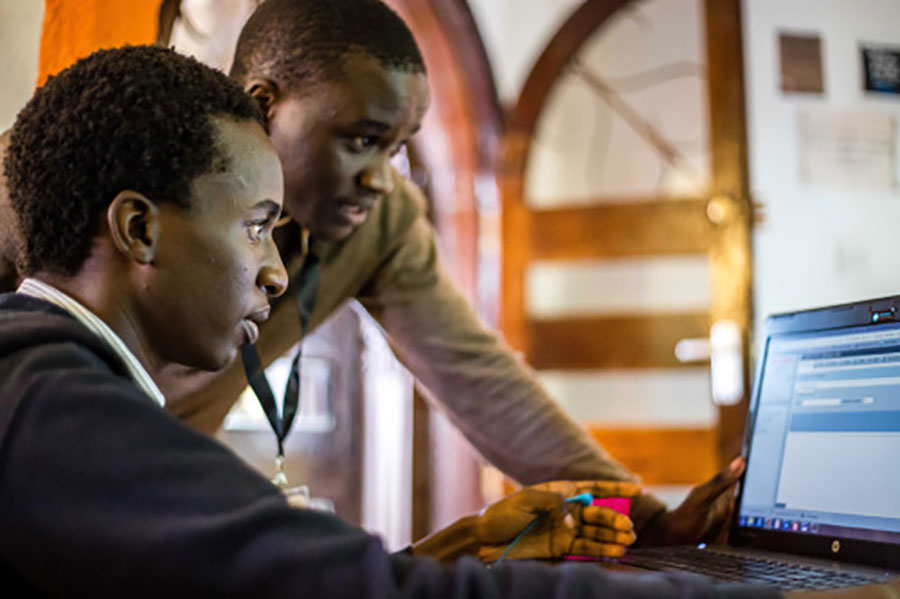On May 14th, 1984, Mark Zuckerberg was born in Westchester County, N.Y., to a dentist and a psychiatrist. Twenty years later, he launched the initial version of “Thefacebook” out of his Harvard dorm room. In August, a decade after opening to its first members, Facebook had one billion users in a single day. Zuckerberg is undoubtedly brilliant. But what if he had been born into a working-class family in Nigeria or Kenya? Would Facebook exist? Would the social-media revolution have unfolded in the same way? It’s impossible to know. But for too long, much of the world’s talent has been shut out of the global economy. In the future, raw ability will be more important than the circumstances of one’s birth, reinforcing this fundamental truth: Brilliance and talent are evenly distributed, opportunity is not.
The starkest example of the disconnect between innate ability and opportunity can be found in Africa. With more than one billion people, approximately 60% of them under age 25, and more than 25% of young people out of work in many places, Africa is home to the world’s largest pool of untapped brainpower and talent. In the past, there was no scalable, cost-effective way to leverage and empower this human capital. But technology is quickly upending this paradigm, especially when it comes to identifying technical and quantitative aptitude.

We founded Andela to find and train the top 1% of tech talent across the continent. After six months in our software-development program, young men and women work remotely for Fortune 500 companies and startups around the world while receiving continuing training and support. Clients such as Microsoft are leveraging us to tap into Africa’s talent, integrating the continent’s best and brightest into their workforces in new ways.
‘If the digital revolution began in dorm rooms and Silicon Valley, its future will be written in Lagos, Nairobi and Johannesburg.’
As other companies adopt similar approaches, this new, meritocratic model of workforce development will expand across the world, accelerated by massive demographic shifts already under way. Indeed, while the populations of rich countries shrink and age, Africa’s overall population is expected to double by 2050. Nigeria is projected to have more than 750 million people by 2100. It’s time to stop viewing this as simply a youth bulge—it is a talent bulge. If the digital revolution began in dorm rooms and Silicon Valley, its future will be written in Lagos, Nairobi and Johannesburg. And when the next Mark Zuckerberg is born in Africa, he (or she) will have far greater access to the opportunities that enabled Mark to reach a billion people in a single day.
By Jeremy Johnson and Iyinoluwa Aboyeji. Andela.com




































